
Quality improvement initiative at Henry Ford Health demonstrates streamlined workflow, rapid prior authorization, and low patient copayments; highlights opportunities for enhanced pharmacist involvement and education.

Quality improvement initiative at Henry Ford Health demonstrates streamlined workflow, rapid prior authorization, and low patient copayments; highlights opportunities for enhanced pharmacist involvement and education.

More than 80% of patients had drug-related problems, highlighting the need for inpatient antiretroviral stewardship.

Presented at MAD-ID 2025, Natt Patimavirujh, PharmD, supports fidaxomicin over vancomycin for high-risk groups, including transplant and chemotherapy patients.
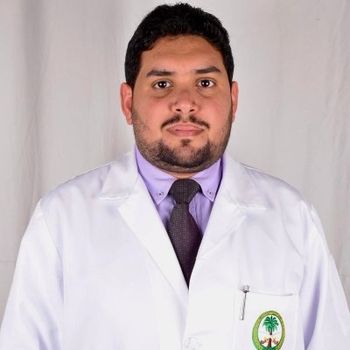
Presented at MAD-ID by Mohammed Al Musawa, PharmD, BCIDP, the study found lower clinical success with imipenem-cilastatin-relebactam in obese patients, raising questions about dosing strategies.

At MAD-ID, Alyssa Cox, PharmD, showed fidaxomicin reduces 90-day recurrence by 68.3% versus vancomycin, with rates of 7.9% vs. 19% in 176 hospitalized patients.

At MAD-ID, Jose Alexander, MD, reports 98% susceptibility in ESBL E coli and 76% in K pneumoniae, underscoring the need for species-specific testing.

At MAD-ID 2025, Tiffany Lee, PharmD, presents multi-center findings showing no increase in AKI with higher initial dosing.

At MAD-ID 2025, William R Mikesell, PharmD, presented data showing 20% vs 16% treatment failure rates in doxycycline and minocycline groups.

Christina Lee, PharmD, and Julia Donahue, PharmD, analyzed 533 encounters revealing a 27.1% readmission rate in immunocompromised patients versus 14.1% in non-immunocompromised patients.

At MAD-ID, Dianne Nguyen, MD, shares Phase 3 data showing consistent tolerability of the microbiome therapy across high-risk patient populations

In a new study presented at MAD-ID, omadacycline was found to have an 86% clinical success rate across a wide-range of infections and pathogens in an immunocompromised population.
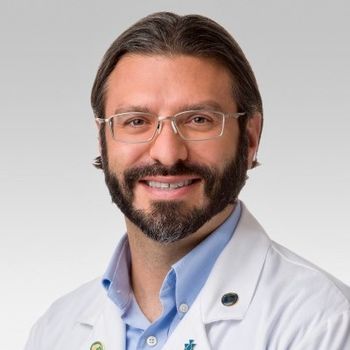
At MAD-ID, Marc Scheetz, PharmD, discusses how PK/PD modeling and AUC-based strategies offer safer, more precise antibiotic therapy.

Logan Brock, PharmD, presents data at MAD-ID, showing limited diagnostic yield from routine fungal cultures and delayed results compared with standard methods.

At MAD-ID 2025, Kimberly Leuthner, PharmD, FIDSA, highlights the need for larger prospective studies amid limited current evidence.

At MAD-ID 2025, Jiye Park, PharmD, presents findings showing once-daily dosing is effective, with no added benefit from extended vancomycin use after antibiotics.

At MAD-ID 2025, Dakota Rorie, PharmD, highlights cost and access barriers to uptake of preferred CDI therapy.
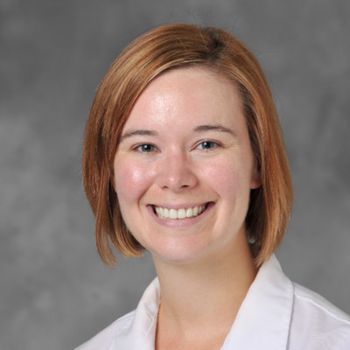
At MAD-ID 2025, Rachel M. Kenney, PharmD, discusses treatment shifts, microbiome innovations, and pharmacists' roles in optimizing outcomes.

Timmy Do, PharmD, BCIDP, BCPS, presents case series at MAD-ID 2025 on investigational therapies following tecovirimat failure.

At MAD-ID 2025, Cadhan McFadden presents data from a multidisciplinary ambulatory care project using PEN-FAST scoring and oral challenges to improve antibiotic access and accuracy.

A new study being presented at MAD-ID looked at this class of therapies vs oral penicillins and found the former to be non-inferior to the latter.

At MAD-ID 2025, Elizabeth Dodds Ashley, PharmD, MHS, explains how NHSN’s Antibiotic Resistance Option is shaping stewardship and clinical decision-making.

At MAD-ID, a study highlights how prescribing in these settings suggests a need for antimicrobial stewardship efforts.

At MAD-ID, Timothy Aungst, PharmD, outlines the role of artificial intelligence in clinical decision-making, curriculum design, and infectious disease practice.
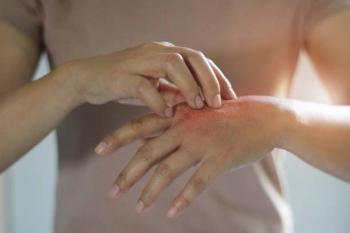
A comparative study presented MAD-ID, The Antimicrobial Stewardship Meeting examining the effectiveness of ceftaroline and vancomycin in addressing this challenge.
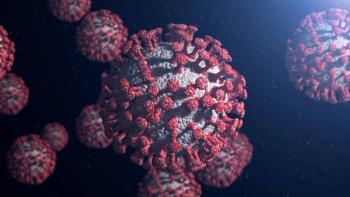
This study, presented at MAD-ID, The Antimicrobial Stewardship Meeting, evaluates patients with mild COVID-19 symptoms compared to those with severe cases.

Trial analyses presented at MAD-ID, The Antimicrobial Stewardship Meeting, highlight the battle against recurrent health care-associated infections (HAI).

New findings from clinical trials reveal that Rebyota, a rectally administered treatment, demonstrates improved outcomes in patients with recurrent Clostridioides difficile infection (rCDI).

Empiric therapy for severe Salmonella disease remains effective, but fluoroquinolone resistance calls for a shift towards trimethoprim-sulfamethoxazole as the preferred oral treatment for non-severe cases.

A study of patients with recurrent Clostridioides difficile infection (rCDI) found that Rebyota, a rectally administered live biotherapeutic, was considered easy, quick, and appealing due to the lack of bowel preparation.

This study found a high proportion of reduced vancomycin susceptibility in C difficile patients, leading to lower rates of sustained clinical response.